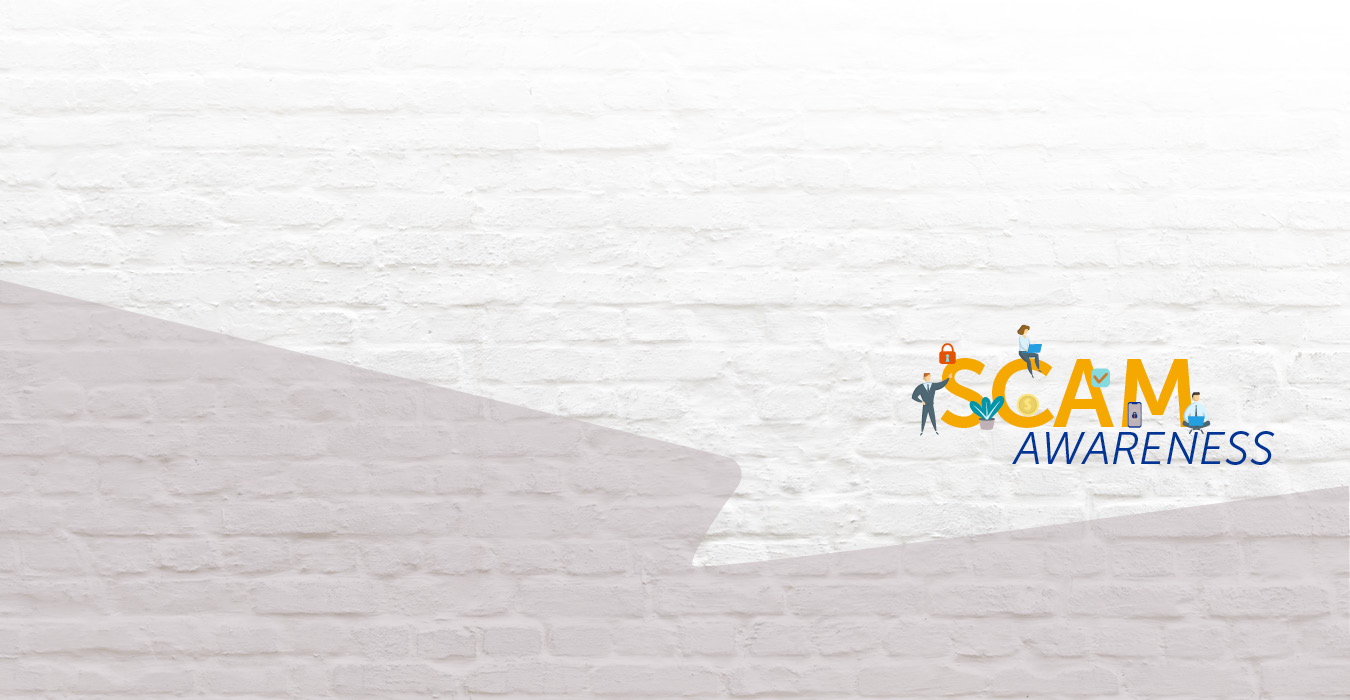Phishing Scams
Who’s the target?
Anyone
How does it happen?
Phishing encompasses any electronic message (email, text message) that is purporting to be from a reputable company in order to induce individuals to reveal their personal information such as credit card numbers, passwords, and personal identifying information. 3.5 billion phishing messages are sent each day across the globe, so chances are, that if you have a mobile phone or email address, you’ll receive at least one message like this on a weekly basis.
This scam begins with an email or text message. The message often claims to be from a legitimate company, such as Microsoft, Apple, or Amazon and will contain an urgent call to action or threats. The scammers who send these messages will include a link or phone number to call in order to resolve whatever issues they’re claiming needs resolution. Sometimes, all it takes is for you to click on the link for the scammer to obtain your information or invade your device by installing malware that does the same. 94% of malware is delivered via email.
Any time you receive a communication that is supposedly from a legitimate company, log in to your account in a secure browser, and verify what they’re saying. Additionally, you can locate their verified phone number or customer service department on the web and initiate communication to verify any messages you’ve received. These extra steps may help you avoid identity theft, financial fraud, and data breaches.
Red flags:
- They say they noticed suspicious activity or login attempts on an account
- They claim there is a problem with your account or payment information
- They want you to click on a link to make a payment or update payment information
How can we stay safe?
- Protect your accounts by using unique passwords and multi-factor authentication, where available
- Protect your computer by using security software, and updating it regularly
- Protect your phone by setting up automatic security updates
If you think you have been scammed:
- Contact your financial institutions as soon as possible
- If you’ve given the scammer any of your account passwords or PINs, change them immediately
- File a report on FTC.gov
- Contact the Social Security Fraud Hotline (if applicable)
BHCCU Resources
.jpg) Angie Hoium
Angie Hoium
